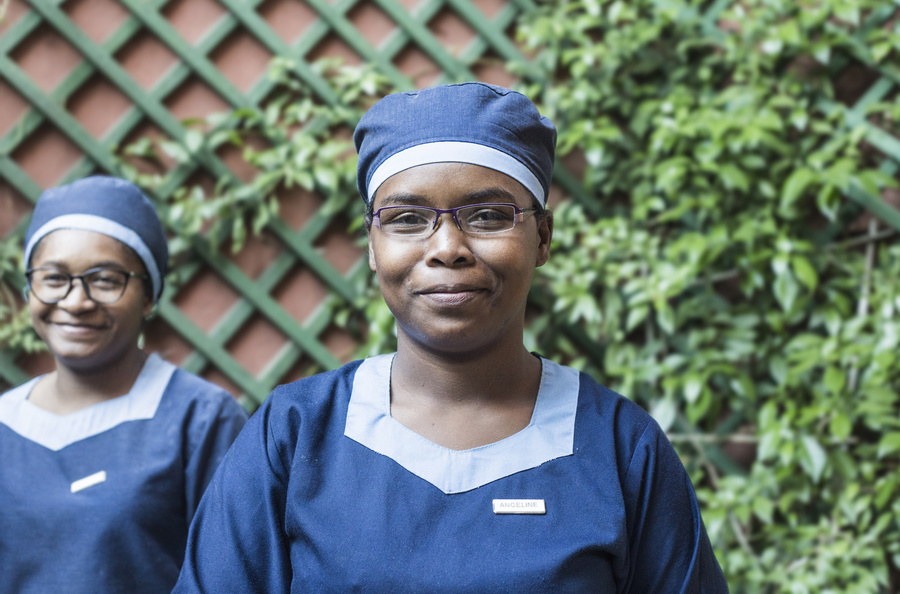
Geneva– On 16 June, IOM comes together with partners to celebrate the International Day of Family Remittances (IDFR), in recognition of the significance of remittances to migrants, their families, and communities. While the IDFR has traditionally focused on financial flows, IOM highlights that these are merely the most easily traceable ways in which migrants contribute to well-being and development in countries of origin and destination.
Migrants and diaspora engage in trade, tourism, investment and philanthropy, and also generate ‘social remittances’ – the flow of skills, knowledge, ideas and values they transmit back home. Unlike financial ones, social remittances extend to the wider community, for a larger development impact.
According to the International Fund For Agricultural Development (IFAD), one in nine people on average — roughly 800 million in total — are on the receiving end of the financial remittance flows which are used primarily for enhancing access to quality education, food, healthcare, small businesses and a range of other purposes. Combined, financial and social remittances have an important role to play in the achievement of individual family goals, improving livelihoods and, more broadly, the achievement of the Sustainable Development Goals.
The COVID-19 pandemic has brought the global economy to a halt and increased joblessness, in particular among migrant communities. This has disrupted international remittance flows. According to the World Bank, global remittance flows are widely expected to decline by nearly 20% in 2020. These disruptions are a result of border closures, social distancing, lock down measures, and increasing unemployment, coupled with already difficult living and working conditions for many. Remittance recipients do not necessarily have any form of social protection and are unable to fill any gap in income arising from this decline.
“It is crucial for all of us to join forces and support migrants and families burdened by the sudden loss of income especially at the lower end of the pyramid, who may no longer afford food, accommodation or crucial health services,” – said IOM Director General, Antonio Vitorino.
“IOM stands ready to work with all partners and stakeholders to restore livelihoods and secure development gains from human mobility in all parts of the world.”
IOM-related country projects and programmes are designed to help advance a more nuanced understanding of remittances and their importance for migrants, families and communities through studies, household and market surveys and research. IOM also assists in enhancing remittance policy and regulations with the objective of promoting more targeted social and financial interventions. Specifically, IOM has enhanced its widely-used remittance cost comparison smartphone application MigAPP which pulls data from several cost comparison web-sites and generates a real time quote for migrants wishing to transfer money..
To stress the urgency of addressing the negative impacts on remittances of COVID-19, IOM is partnering with the international community, private sector and diaspora to discuss means of addressing the disruption of remittance flows. Two key initiatives in this regard are the Swiss – UK Government led Call to Action launched on 22 May 2020 and the IFAD coordinated Remittances Working Group which is developing a set of technical recommendations.






